World Ranger Day – from Mendips to Mediterranean
Last year on World Ranger Day we heard from Darren Saliba, Lead Ranger of Majjistral Park, Malta, after a visit with his team to the National Trust in England.
Recently, rangers from the Somerset Coast and Countryside National Trust team returned the visit. With expertise in coast and land management, nature and biodiversity, as well as the skills to work with visitors, partners and local communities, rangers across the world are working hard to deliver a better environment for us all. Professional exchanges such as these are vital, so that knowledge is shared and inspiration travels across borders.
By Lauren Holt, Area Ranger, Mendip Hills and Nigel Garnsworthy, Countryside Manager, Somerset Coast and Countryside (SoCoCo), National Trust
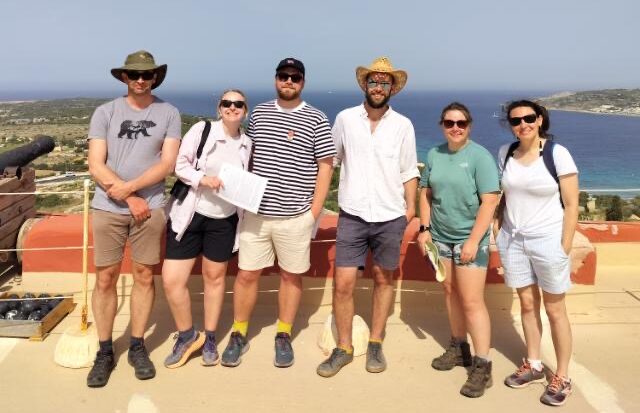
Ranger team visiting Malta
Lauren: The ranger team from the Mendip Hills, accompanied by Nigel, James and Lilly from SoCoCo, were hosted in Malta for 5 days by the team at Din L-Art Helwa, funded by the TAP INTO programme.
Din L-Art Helwa is one of our partner organisations through INTO – as National Trust for Malta they were founded as a Maltese heritage and environmental NGO in 1965. In 2023 the team from Majjistral National Park – Darren, Rudolf and Antoine – visited SoCoCo, so this trip was an opportunity for them to show us their world of nature conservation in Malta.
Mijistral National Park was Malta’s first Natural Nature Park and is located in the Northwest of Malta. Darren manages the park, supported by a small team of volunteers, which stretches along 6km of coastline and is like the Mediterranean cousin of Mendip and Brean Down.
Consisting of a diversity of habitats such as cliffs, clay slopes, boulder screes, garigue, temporary freshwater rock pools, agricultural land (both abandoned and in use), and a sandy beach with a small sand dune. The garigue is limestone outcrops with an amazing diversity of botany, all very recognisable as Mediterranean relatives of the Mendip calcareous limestone grassland.
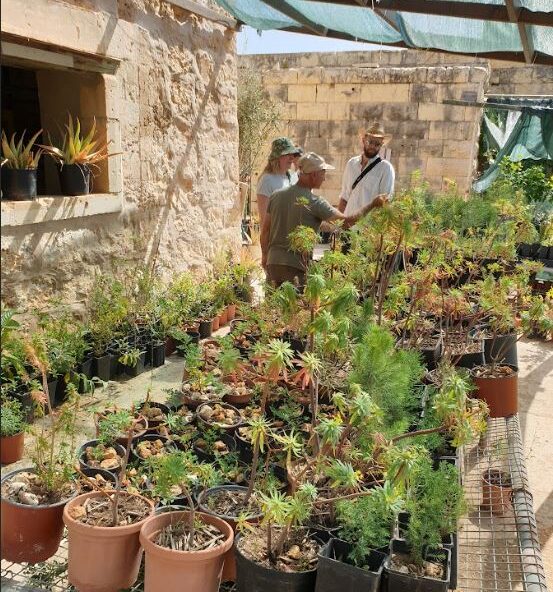
We met volunteer Alex, whose knowledge was first rate – as part of the work in the park they have a nursery where they are propagating some of the local plants, to plant out into designated areas
As we spent more time with the staff and volunteers, they began to open up and reveal some of the more deep-rooted issues they were up against. The main threats in Malta are hunting and trapping, development, lack of planning regulations, degradation of the countryside and problems with corruption.
Malta is an important stopover for migratory birds – some of the birds we spotted were Blue Rock Thrush, Bee-eater, Spectacled Warbler and Zitting Cisticola. When we visited BirdLife Malta’s Salina reserve, staff member Nimrod told us that the reserve is surrounded by poachers. He spends most of his day on sentry duty to protect the birds from hunters.
Much of the work that is being done by all the staff and volunteers we met along the way is pushing for legislation and working on education. This activity aims to inspire future generations to support them in their conservation efforts. Despite their struggle, the conservationists we met in Malta were very hopeful and working hard for a brighter future for Malta.
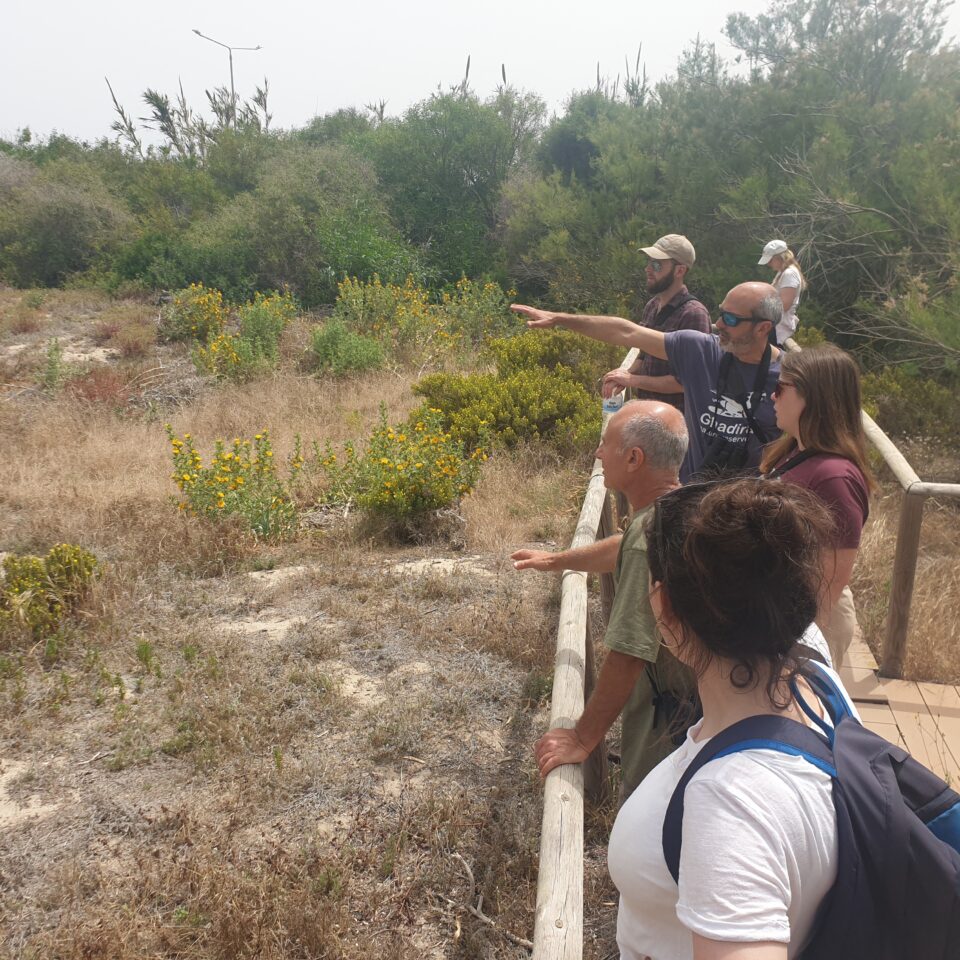
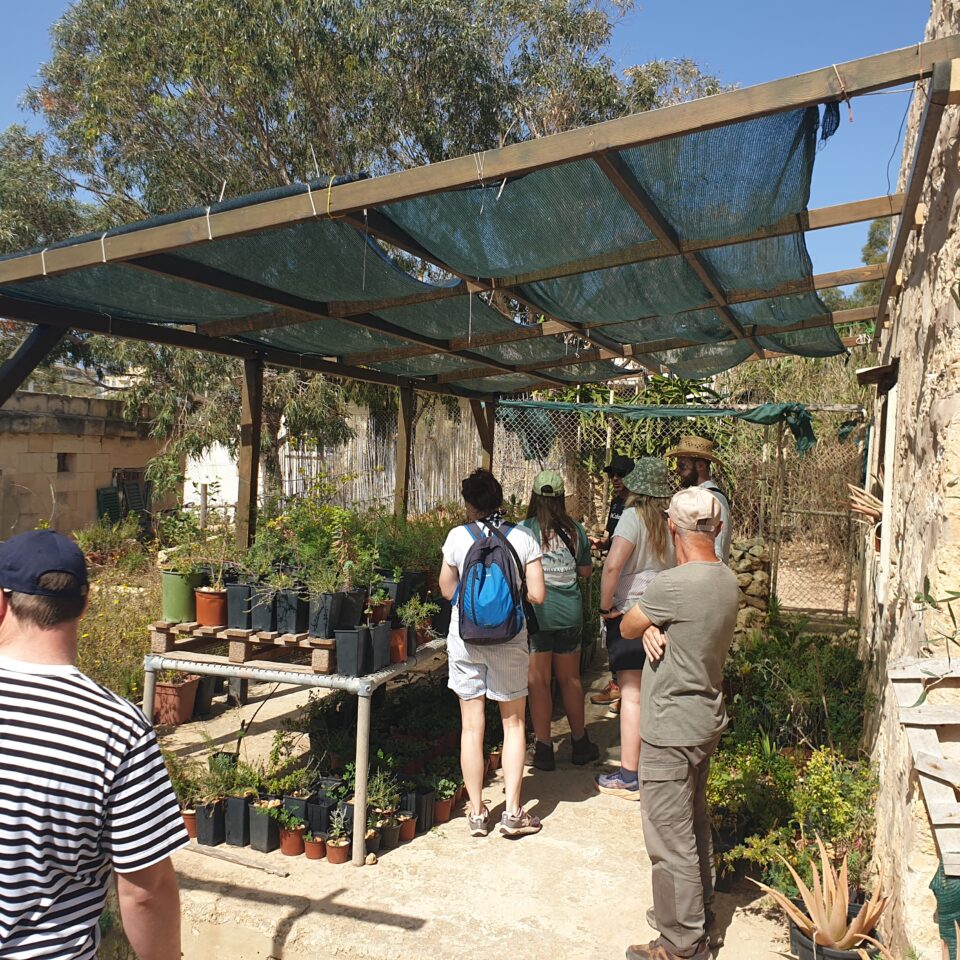
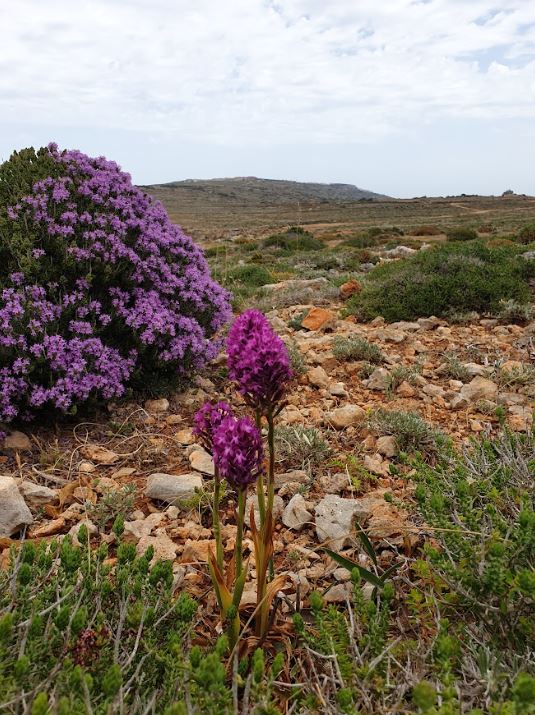
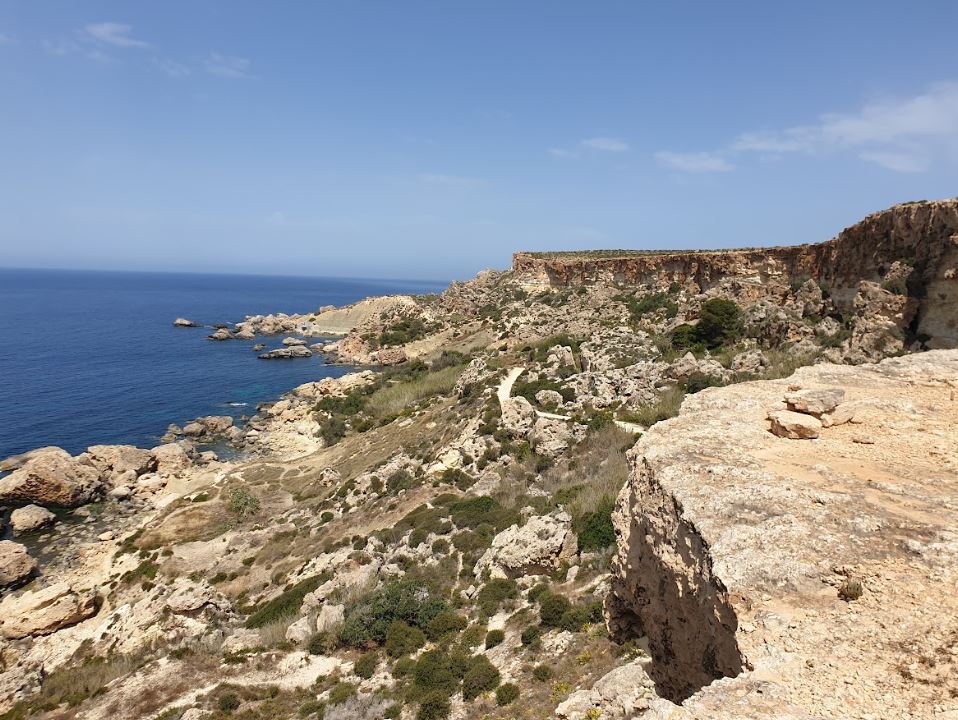
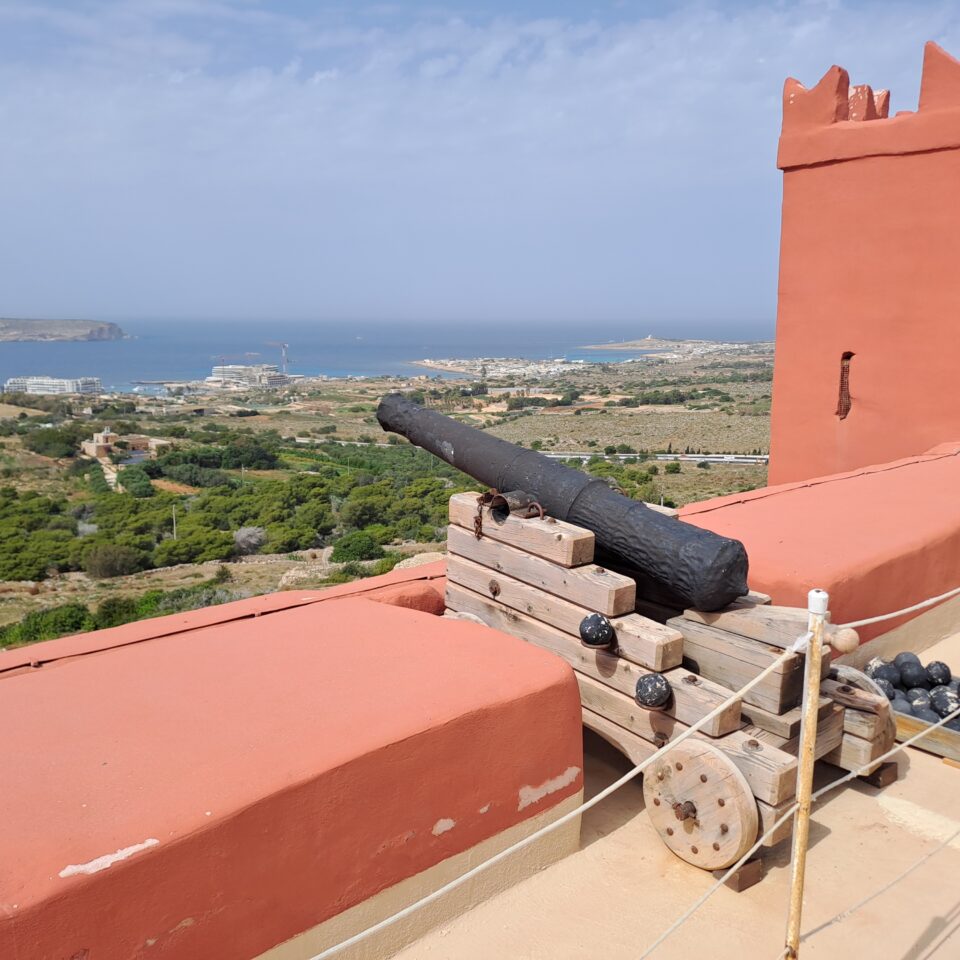
Climate change and its impact
Nigel: Malta is likely to be significantly impacted by climate change. Its position in the Mediterranean together with its limestone geology, means fresh water is likely to become a scarcer resource, raising the question of its long-term viability as a place to live and work.
This was discussed throughout the trip, and many of those we spoke to were concerned about the hotter summers. Especially concerning is the change in prevailing wind direction, from a cooling north westerly to an arid south easterly, raising the temperature and bringing pests and diseases previously unknown to the Maltese environment.
I think both these areas were vary starkly laid out for us during our trip, and something I will be reflecting on in my role for the National Trust.
Perspectives on conservation
It’s always valuable to gain different perspectives on how conservation is delivered both in the UK and abroad. I think the team has gained a greater understanding of the challenges faced in other countries. With Malta much more on the front line in terms of climate change, this exchange has reinforced the stark reality of what some parts of the world are facing into in the coming decades, and the hardships that will present both to human and wildlife populations.
Given its small size, Malta perhaps represents an extreme example of the impacts of human pressure on wildlife through human population increase and development. What we have learned here gives us renewed purpose in playing our part to address the environmental challenges we face globally.
TAP INTO
These knowledge exchanges were made possible thanks to TAP INTO grants, generously funded by the Helen Hamlyn Trust.
![]()
Thank you to the National Trust and Din L-Art Helwa Rangers and volunteers, for sharing this brilliant knowledge exchange. We look forward to seeing how this relationship develops.
National Trust Ranger team:
- Joel Bunting – Area Ranger
- Lauren Holt – Area Ranger
- Hollie Lewis – Ranger
- James McWilliam – Visitor Experience and Operations Manager
- Lilly Dawson – Project Manager
- Nigel Garnsworthy – Countryside Manager
Read Darrens’ blog: Happy World Ranger Day
